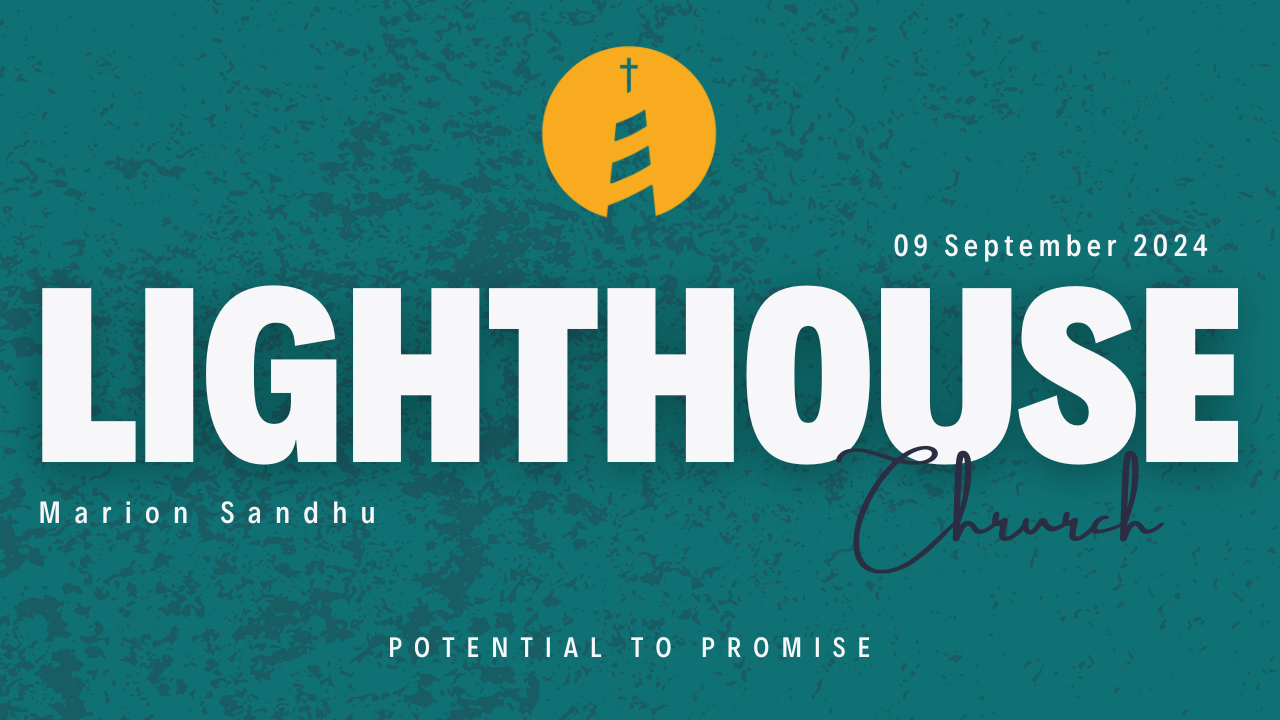In this sermon, Pastor Marion reflects on the power of God’s presence, healing, and the theme of moving from potential to promise. She shares a personal journey and a message based on the scripture Isaiah 43:18-19, emphasizing that God is doing something new, both in the church and in individuals.
She draws parallels between this opportunity and the life of David from the Bible, who rose from being a humble shepherd to the king of Israel. She highlights how God looks at the heart rather than outward appearances. The story of David’s anointing by Samuel serves as a reminder that God sees potential in everyone, and it’s up to each person to nurture that potential into promise. Pastor Marion shares that although challenges and difficulties may arise, they serve to build character and prepare individuals for the greater purpose God has for them.
She encourages the congregation to assess their own hearts, asking what God sees in them. By cultivating a heart that pleases God, individuals can move forward from potential to promise, overcoming obstacles like bad attitudes that may hinder their growth. She emphasizes the importance of aligning with God’s plan, trusting that He knows the future and is guiding everyone toward their purpose. She looks to David from the Bible as an example, highlighting how David’s humility, even after being anointed king, allowed him to serve faithfully in small tasks like delivering food to his brothers. This humility ultimately led to his victory over Goliath and his rise as a great king. She explains that David didn’t compare himself to others or complain about his circumstances but instead trusted God’s timing and did his best in whatever role he was given. Even though David made mistakes, like the sin involving Bathsheba, his willingness to repent and listen to godly counsel brought him back into alignment with God’s will.
Pastor Marion encourages the audience to let go of pride, embrace humility, and make room for God in their lives. She explains that obedience and repentance are key to spiritual growth, and reassures that no matter how much we may have messed up, genuine repentance leads to restoration. She reflects on the deeper meaning of repentance, moving beyond just saying “sorry” to true transformation. She references Gary Chapman’s “Stages of Repentance”, which include acknowledging wrong, seeking forgiveness, and committing to change with God’s help. She reminds us how David’s worship led him to great things, like gaining favour with God and people.

